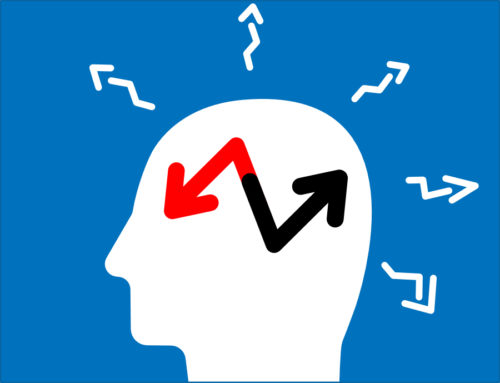
By developing a mindset-based marketing strategy, businesses can better resonate with their audiences and increase consumer loyalty.
It’s important to consider consumer mindsets on a consistent basis. Along with price and quality, people also care about convenience, comfort, ethics, sustainability and shared values.¹ Following are steps to identify what connects with customers:
Perform consumer research:
- Know your target audience – focus groups offer insights into how consumers act, think, and feel.
- Big and first-party data* can help identify what people find valuable, where they live, how they work and play, what voice will resonate with them, etc.
Revisit strategies regularly:
- Cultural and economic factors change and can impact audience mindsets.
- Reassess your strategies and remain flexible – quick to understand, think, devise, etc.
Live out values:
- Communicate your values to customers and live them out daily.
- Demonstrate good core values from top to bottom.
Inspire long-term loyalty:
- Connect with consumers on an emotional level – know their interests, motivations, etc. – which positively affects your bottom line.
- Develop long-term strategies, which help create sustainable growth and customer loyalty that compounds over time.²
By developing a mindset-based marketing strategy, businesses can better resonate with their audiences and increase consumer loyalty.
*Big data: a combination of structured, semi-structured and unstructured data collected by organizations. (searchdatamanagement.techtarget.com). First-party: data that your company has collected directly from your audience – made up of customers, site visitors and social media followers. (blog.hupspot.com)
Source: Media Post-The Marketing Daily, reported by Kim Lawton; ¹5W Public Relations; ²Get Off the Marketing Crash Diet and Think Long-Term, reported by Jeff Graham
